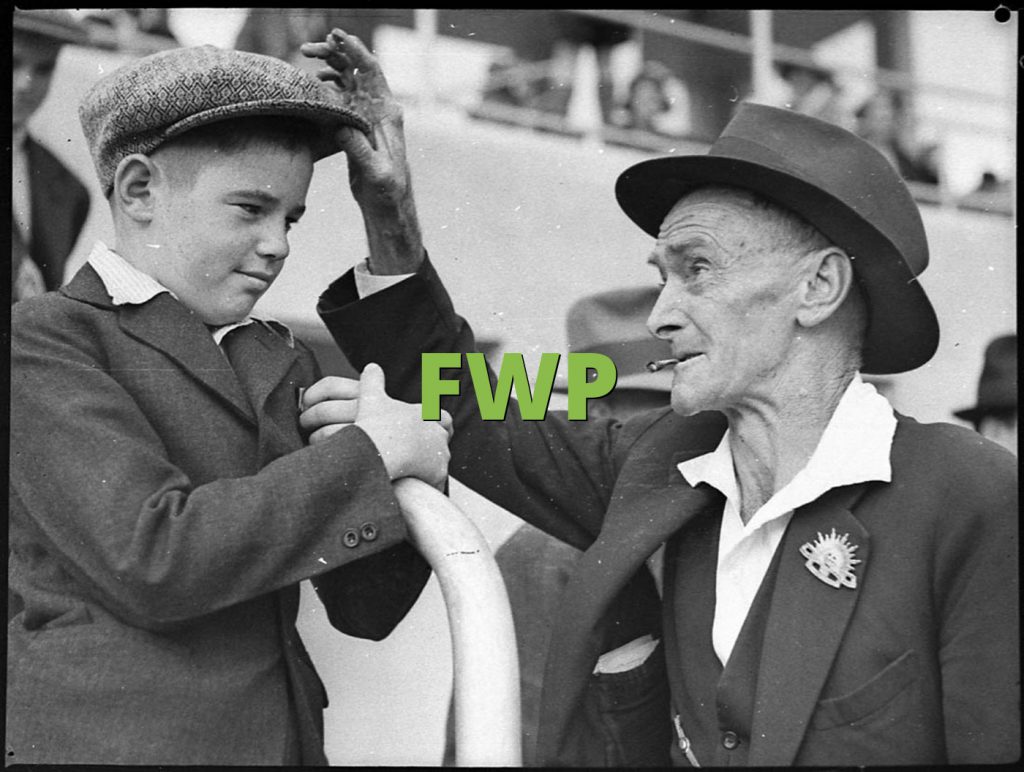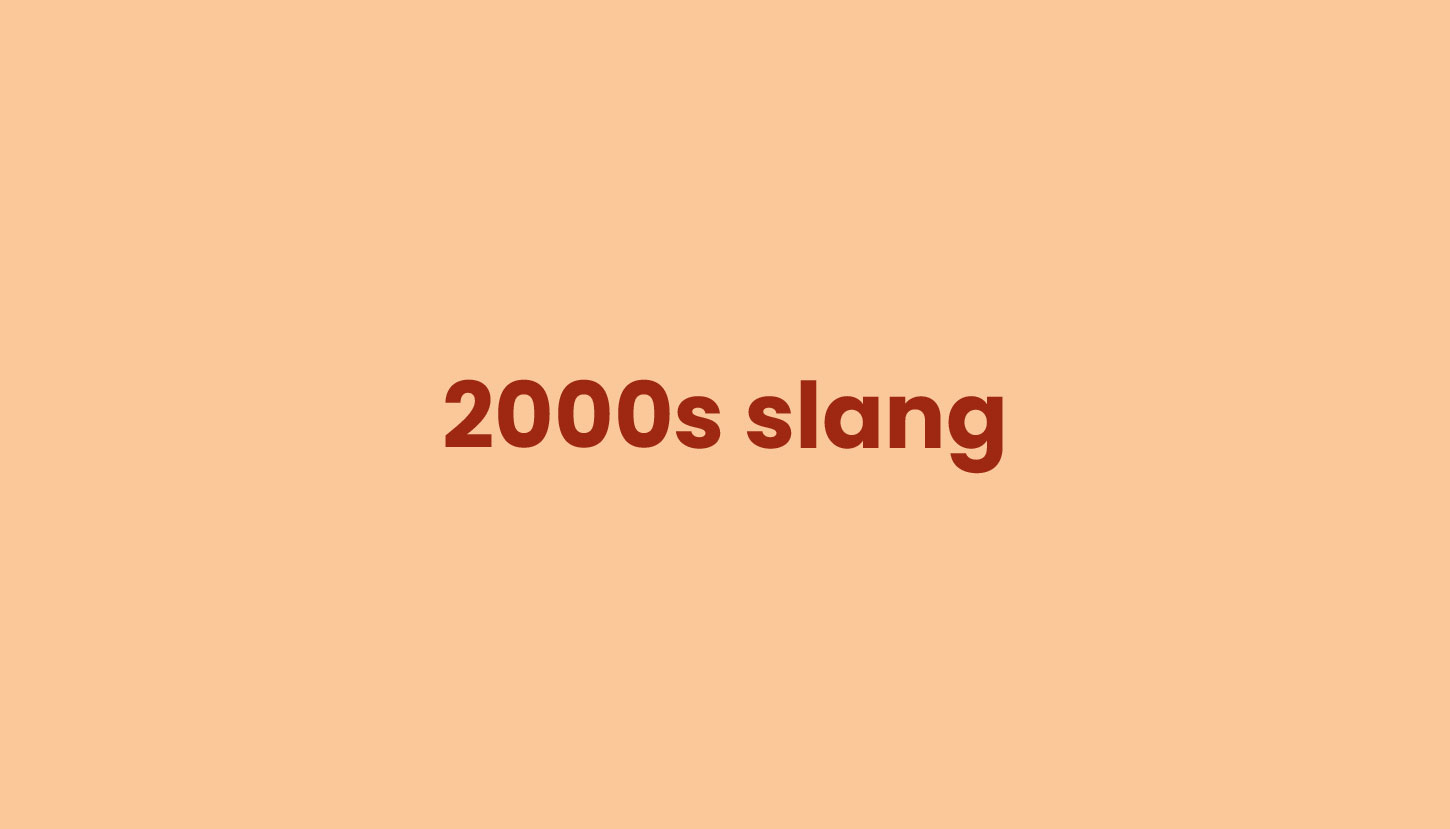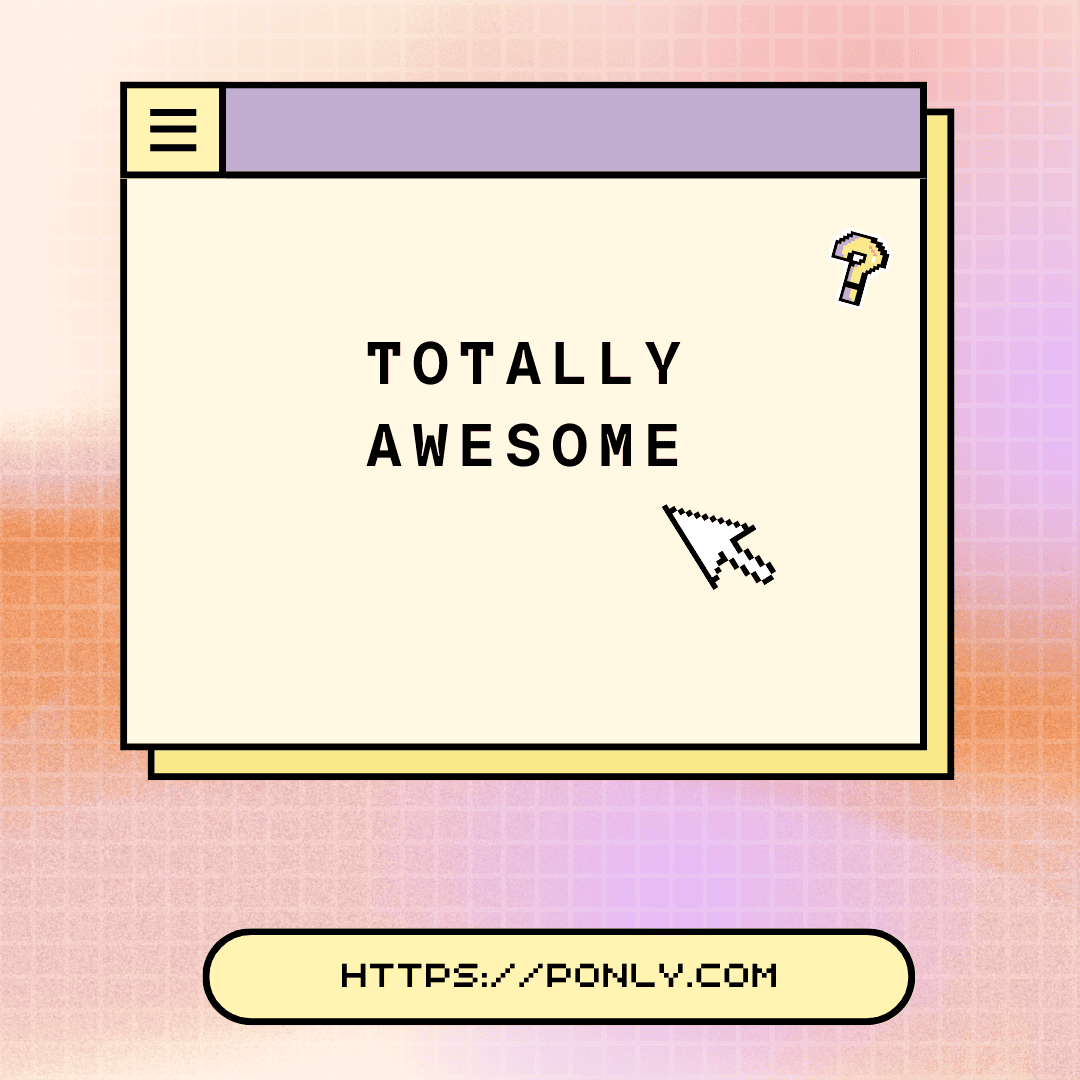Slang Of The 1980s - A Look Back At Iconic Words
Stepping back into the 1980s feels like opening a time capsule, doesn't it? It was a time when pop music exploded, fashion had its own loud voice, and people just talked a little differently. This period, with its bright colors and big hair, also had its own special way of speaking, a collection of words and sayings that really painted a picture of the era. We're going to take a look at some of those casual expressions that helped shape conversations back then, giving us a peek into how folks communicated without the internet we know today.
You see, slang words are, at their heart, just words and short phrases people use in a relaxed way, outside of very formal settings. Every language has these sorts of casual terms, and English is certainly no different. Today, we might think of internet acronyms like "LMAO" or "ROFL" or even "BRB" when we consider popular informal language. There are quite a few of these, and knowing what they mean helps people connect online, you know? Like, you might want to find out what "WYM" means, or perhaps "BTW," and there are lessons out there that help you figure out how to use them correctly in your everyday messages.
So, while we often connect these quick, shorthand ways of speaking with screens and keyboards, the idea of having a unique, informal vocabulary isn't new at all. The 1980s, for instance, had its own set of words that made conversations feel more lively and specific to that time. It was a period when we saw new things come into our lives, like sushi becoming more common, and there was a sudden rush of movies made for teenagers. People also had to get used to quite a few changes in how businesses ran and how daily life worked, which, in a way, really shaped how they spoke to each other.
Table of Contents
- What Makes a Word "Slang"?
- How Did We Talk Online Before the Internet?
- The Eighties - More Than Just Big Hair and Neon?
- What Words Defined the 1980s Slang?
- Capturing the Spirit of 1980s Slang in Print
What Makes a Word "Slang"?
So, what exactly puts a word into the category of "slang"? Well, simply put, they are words and short phrases people use in a relaxed, unofficial sort of way. They're the kind of terms you might use with your friends, but maybe not in a formal letter or a very serious speech. Every spoken tongue, pretty much, has these kinds of words. They give a language its own flavor, you know, a bit like adding spices to a meal. They help people express themselves quickly and often show that they belong to a certain group or share a particular way of looking at things. This is true for any time period, really, from way back when to our current moment.
There are, in fact, quite a few English slang words that are heard around today. Some of these are pretty common and just about everyone knows them. Others might be a bit more specific to certain groups or places. The thing about these informal words is that they're always changing. What was popular last year might be old news this year, and something new pops up all the time. It’s almost like a living thing, this collection of words, always growing and shifting. That's why, in some respects, keeping up with them can be a fun challenge for anyone interested in how people actually talk.
When you hear a word that just sounds a little different, or you come across a phrase that seems to have a special meaning, chances are you've bumped into a piece of slang. It’s how language stays fresh and keeps up with how people live their lives. This constant flow of new words means that if you want to truly grasp how people communicate, you have to pay attention to these casual terms. They often give you a deeper sense of what's happening in a culture at any given time, which is pretty neat, if you ask me.
How Did We Talk Online Before the Internet?
It might seem a bit odd to talk about internet slang when thinking about the 1980s, since the internet as we know it wasn't really a thing for most folks back then. Yet, the way people use short forms and special words online today gives us a good way to think about how informal language works, no matter the time period. For instance, people now learn the meaning of popular internet acronyms and slang terms, things like "LMAO," "ROFL," or "BRB," and many more besides. These short forms let people type quickly and express feelings or actions without using a lot of letters. It's a kind of verbal shorthand, really.
The Internet's Slang - A Quick Look
You can find lessons, for example, that explain what the phrase behind the slang acronym "LMAO" most likely stands for. These lessons also give you other meanings and even conversation examples in English to help you figure out how to use it. It's a way to get comfortable with the casual talk that happens on screens. Similarly, you can learn how and when to use the internet slang word "WYM," sometimes with helpful pictures and interesting texting conversations that show it in action. These resources are pretty common now, and they show just how much informal language has grown and changed with new ways of communicating, you know?
Then there are terms like "BTW." What does "BTW" mean, and what does it stand for? Well, lessons on this explain the definition, other meanings, and even provide conversation examples of the acronym "BTW" in English. They also show you how to use it correctly in your messages. And if you're curious about "ROFL," you can learn its meaning and see examples of this popular acronym in English, often with a helpful picture to make it clear. If you're looking for the meaning of this kind of common slang acronym, you are certainly in the right place to find out. This sort of help is available for many of these terms, including "TTYL," which also has its own lesson to help you grasp its meaning.
And, of course, "LOL" is an internet acronym that is very widely used by people who spend time online. There are articles that tell you its meaning and give you conversation examples of this very popular slang word. So, while these specific terms belong to our current digital age, they illustrate a broader point: people have always found quick, clever ways to communicate informally, whether it's through typed letters or spoken words. The spirit of creating and using slang is pretty much the same, even if the methods change. It's about making communication a little more personal, a little more immediate, and, you know, just a little more fun.
The Eighties - More Than Just Big Hair and Neon?
The 1980s really was a period that stood out, wasn't it? It was a time that came with its own distinct look and feel. Think about it: the decade was packed with things like bright, almost glowing neon colors, hairstyles that were quite large and expressive, and a sudden burst of popular culture that, in a way, really set the tone for those ten years. This lively setting naturally gave rise to its own special ways of talking. It was a time when new experiences and ideas were coming into everyday life, and with them, new words to describe them. People were, you know, just finding new ways to express themselves that felt right for the moment.
What Was Life Like in the 1980s Slang Scene?
In the 1980s, for instance, we saw sushi become something many more people tried. There was also a massive wave of movies made specifically for teenagers, which probably helped spread certain ways of speaking among young people. And, people had to get used to quite a few shifts in how businesses operated and how daily life worked. All these changes, you could say, contributed to the kind of informal language that popped up. When life changes, language often changes with it, giving people new words to talk about their experiences. It's kind of like how a new fashion trend might spark new ways to describe clothes.
The whole pop culture explosion of the 80s, with its prime time television schedules and its particular fashion choices, also had a hand in shaping the casual speech of the time. People watched the same shows, listened to the same music, and saw the same movies, which meant they had shared experiences to talk about. And, you know, when you have shared experiences, it's pretty common for special words to come up that only those who were there would really get. This shared cultural background helped to solidify the slang of the 1980s, making it a unique part of that period's identity. It was a time when, basically, everyone was in on the same jokes and understood the same casual remarks.
What Words Defined the 1980s Slang?
So, with all that going on, what kinds of words really stood out and became part of the everyday chat of the 1980s? Well, some of the slang terms from that decade truly captured the spirit of the time. They were words that, in a way, just fit the mood and the happenings of those years. Thinking about how people spoke back then, it's clear that the words they chose reflected the energy and sometimes the attitude of the period. It’s almost like the words themselves had big hair and wore neon, if that makes any sense. They were, you know, just very much a product of their surroundings.
"Bodacious" - A Word for the Times
One good example of a 1980s slang term is "bodacious." This word, interestingly enough, came from putting together two other words: "bold" and "audacious." When people used "bodacious," they were talking about something that was daringly brave, or perhaps something that was impressively grand, or even something that was just incredibly attractive and hard to resist. It was a word that packed a lot of punch, really, and could be used to describe a wide range of things, from a cool stunt to a great outfit. It shows how people could create new words by blending existing ones, which is a pretty clever way to make language fresh.
Did 70s Slang Stick Around in the 1980s?
It's also worth noting that not all slang just pops up out of nowhere. Sometimes, words from one period carry over and become popular in the next. For instance, some slang from the 1970s actually became quite popular as 1980s slang. These were often words used to describe something that was over the top or truly impressive. It just goes to show that language, like fashion or music, can have trends that last for more than a single decade. Words have a way of sticking around if they're useful or if they just sound cool to people, you know? It's a natural flow of how people talk and express themselves.
Beyond specific descriptive words, there were also phrases that were used to show agreement or to simply fill a pause in conversation. These kinds of words and phrases are often used to emphasize that someone agrees with what's being said, or just to keep the conversation flowing smoothly. They are, in a way, the glue that holds casual talk together, making it feel more natural and less like a formal speech. This type of slang is perhaps less flashy than something like "bodacious," but it's just as important for understanding how people truly spoke to one another on a daily basis.
Capturing the Spirit of 1980s Slang in Print
When you try to put these informal ways of speaking down on paper, it can be a bit of a challenge. I mean, how do you make a word that's meant for quick, casual talk look like something you'd find in a serious book? The idea of making definitions look like a real dictionary would define them, as mentioned in some attempts, shows a desire to capture and preserve these fleeting words. It's a way of giving them a bit more weight, making them feel like they truly belong in the language, even if they're only used informally. This effort to document slang is pretty cool, because it helps us look back and understand how people communicated in different times.
Thinking about the 1980s, with its unique prime time television schedules, its Academy Awards winners and history, and its very distinct fashion and clothes, all these elements contributed to the context in which slang was born and used. Slang isn't just words; it's words in a setting. So, when you look at the slang terms from the 80s, you're also getting a sense of the cultural backdrop. It’s like, you know, seeing a snapshot of how people lived and what was important to them at that moment. The way people dressed, the movies they watched, the music they heard – all of it fed into the way they spoke, making the slang of the 1980s truly a reflection of its time.
When Words Become Part of Everyday Talk
When certain words become very common, they often start out as slang. They are just words that people pick up and use because they feel right, or because they're a bit playful. Over time, some of these words might even become so widely used that they stop being seen as "slang" at all and just become a regular part of the language. This happens quite a bit, actually. It's how languages grow and change over the years. The slang of the 1980s, like the slang of any other time, shows us this natural process in action, where everyday conversations shape the words



Detail Author:
- Name : Chester Bailey Jr.
- Username : oswaldo.ortiz
- Email : carroll.kira@wolff.biz
- Birthdate : 1993-04-28
- Address : 9277 Deonte Roads Suite 572 Coltenbury, ND 08559-0146
- Phone : +1-205-363-4836
- Company : Hauck-Jones
- Job : Maintenance and Repair Worker
- Bio : Doloribus et reiciendis et rem natus. Rerum omnis repellendus esse ipsa aut et possimus. Ipsam et quia cumque iure iure.
Socials
twitter:
- url : https://twitter.com/reyna_bruen
- username : reyna_bruen
- bio : Temporibus et iusto est quos ea. Soluta tempore vel voluptas fugiat culpa aut et. Dolor quas commodi inventore sit iure et error.
- followers : 3935
- following : 1273
tiktok:
- url : https://tiktok.com/@bruen1998
- username : bruen1998
- bio : Ut rerum consequatur est numquam tempora nihil dolorum.
- followers : 132
- following : 20
facebook:
- url : https://facebook.com/reyna_id
- username : reyna_id
- bio : Ea rerum iste asperiores cupiditate.
- followers : 3648
- following : 367